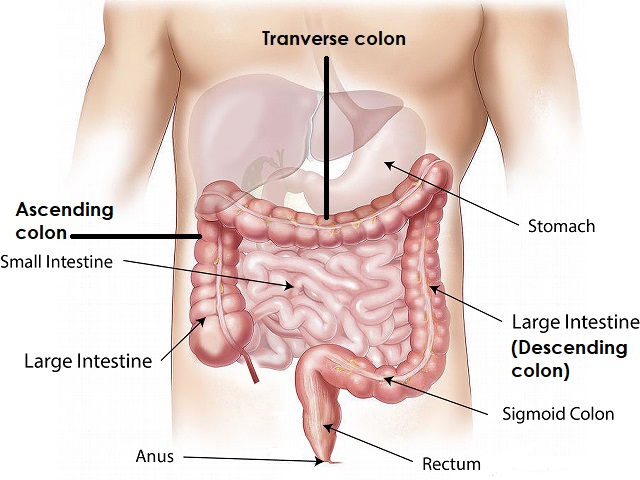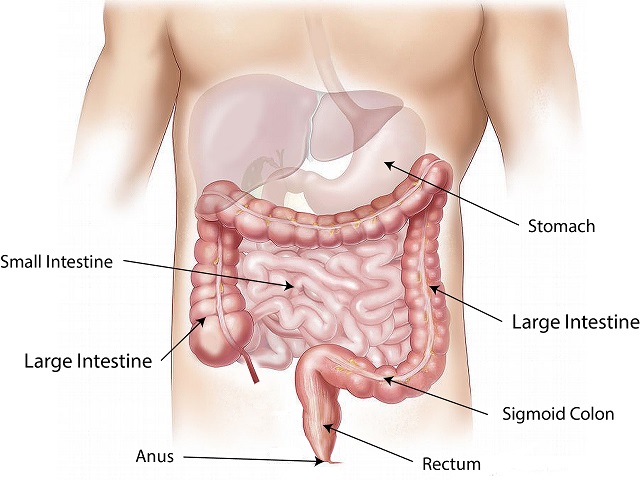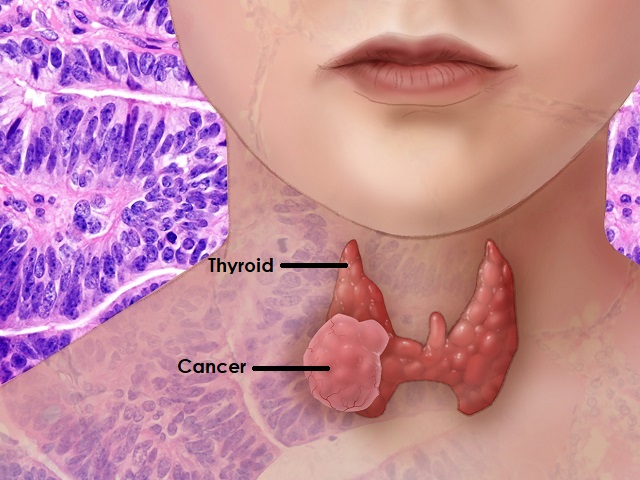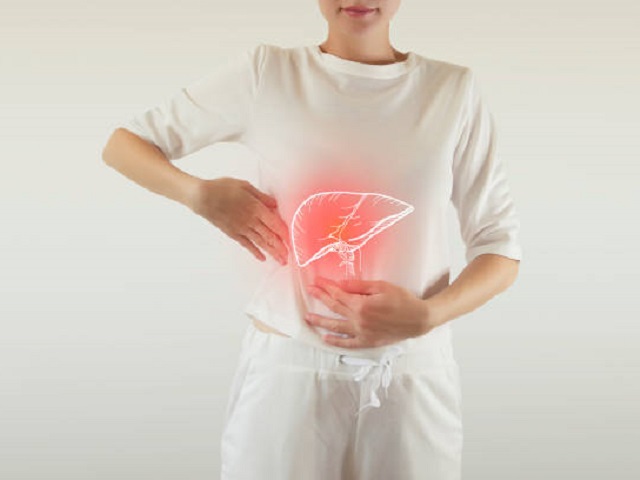9 Signs You May Have Pancreatic Cancer -- Symptoms, Causes, Effects, Treatment and Prevention
Pancreatic cancer is a type of cancer that occurs in the pancreas, an organ located behind the stomach. It is known for its aggressive nature and often has a poor prognosis. Pancreatic cancer occurs when abnormal cells in the pancreas grow and divide uncontrollably, forming a tumor. It can affect the function of the pancreas and spread to other parts of the body. There are different types of pancreatic cancer, with the most common being pancreatic adenocarcinoma. Here is an explanation of pancreatic cancer, along with its symptoms, diagnosis, causes, effects, treatment, and prevention:
Symptoms of Pancreatic Cancer:
The symptoms of pancreatic cancer may vary depending on the stage and location of the tumor but can include:
- Jaundice (yellowing of the skin and eyes)
- Abdominal or back pain
- Unexplained weight loss
- Loss of appetite
- Digestive problems, such as nausea and vomiting
- Changes in stool color (pale or greasy stools)
- New-onset diabetes or changes in blood sugar levels
- Fatigue and weakness
- Blood clots
Diagnosis of Pancreatic Cancer:
Diagnosing pancreatic cancer typically involves a combination of medical history evaluation, physical examination, imaging tests (such as CT scan or MRI), and biopsy. Additional tests, such as blood tests and genetic testing, may be performed to determine the stage and extent of the cancer.
Causes of Pancreatic Cancer:
The exact causes of pancreatic cancer are not fully understood. However, certain risk factors have been identified, including:
- Age: The risk of pancreatic cancer increases with age, with most cases occurring in individuals over 60 years old.
- Smoking: Cigarette smoking is a significant risk factor for pancreatic cancer.
- Family history: A family history of pancreatic cancer or certain genetic syndromes can increase the risk.
- Chronic pancreatitis: Long-term inflammation of the pancreas can increase the risk of developing pancreatic cancer.
- Diabetes: Individuals with long-standing diabetes have a higher risk of pancreatic cancer.
Effects of Pancreatic Cancer:
Pancreatic cancer can have severe effects on various aspects of a person's health, including:
- Rapid tumor growth and spread (metastasis)
- Digestive problems and difficulty absorbing nutrients
- Obstruction of the bile duct or pancreatic duct
- Jaundice and liver problems
- Weight loss and muscle wasting
- Blood clot formation
- Severe pain and discomfort
- Emotional and psychological impact, including anxiety and depression
Treatment of Pancreatic Cancer:
The treatment of pancreatic cancer depends on several factors, including the stage and location of the tumor, as well as the individual's overall health. Treatment options may include:
- Surgery: Surgical removal of the tumor or a part of the pancreas.
- Radiation therapy: High-energy radiation to target and kill cancer cells.
- Chemotherapy: Drugs to kill cancer cells or slow down their growth.
- Targeted therapy: Drugs that target specific characteristics of cancer cells.
- Immunotherapy: Drugs that help the immune system fight cancer cells.
Prevention of Pancreatic Cancer:
While it may not be entirely preventable, certain lifestyle modifications may reduce the risk of developing pancreatic cancer:
- Quit smoking: Avoid or quit smoking to significantly reduce the risk.
- Maintain a healthy weight: Adopt a balanced diet and engage in regular physical activity.
- Limit alcohol consumption: Moderate or eliminate alcohol intake.
- Manage chronic conditions: Control diabetes and chronic pancreatitis through appropriate management.
- Early detection and regular medical check-ups are essential for individuals at higher risk or experiencing concerning symptoms.
References:
American Cancer Society. (2021). Pancreatic Cancer. Retrieved from https://www.cancer.org/cancer/pancreatic-cancer.html
National Cancer Institute. (2021). Pancreatic Cancer—Patient Version. Retrieved from https://www.cancer.gov/types/pancreatic
Mayo Clinic. (2021). Pancreatic Cancer. Retrieved from https://www.mayoclinic.org/diseases-conditions/pancreatic-cancer/symptoms-causes/syc-20355421
Image Attribution:
Featured image by Scientific Animations Inc., CC BY-SA 4.0, via Wikimedia Commons


















